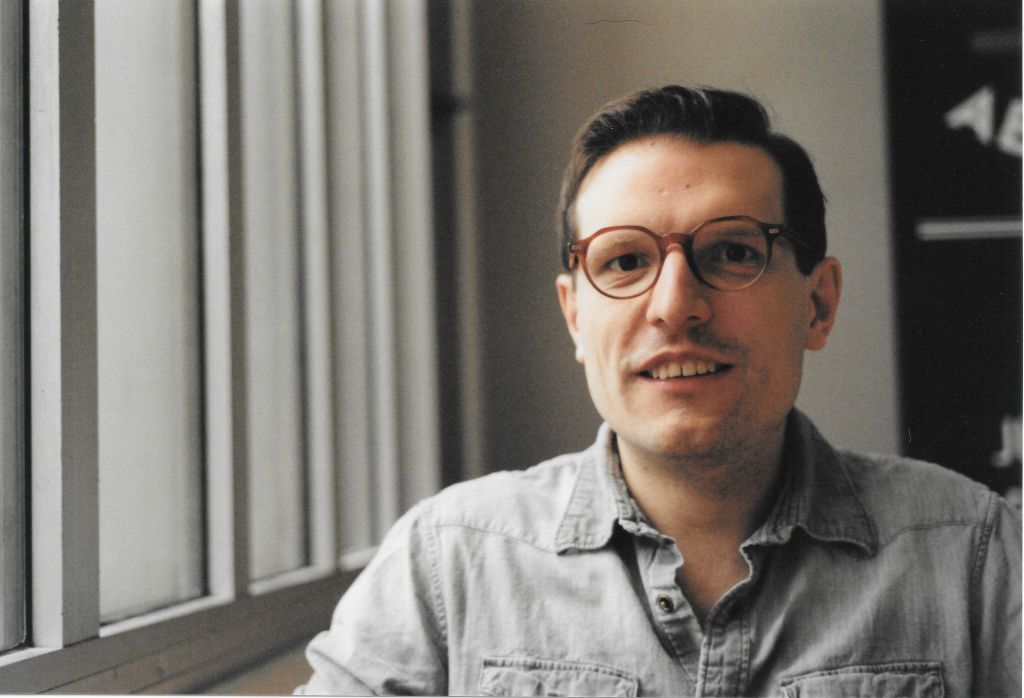When prospective students are applying to colleges, a key factor is whether their education will help them get a job.
But for others who enter into workforces that are less stable or are shifting in their industry needs, staying employed is a real concern.
Robert Hiltz is one of them.
Hiltz is an Algonquin graduate who has been able to tailor his education to the constantly shifting landscape of journalism.
When Hiltz left Algonquin in 2011, he joined the Postmedia Wire Service — a service that no longer exists today because the industry has changed.
In fact, the news industry model is changing. Newspapers were often the main source of news for many people, but now, most news consumers get their news online through various sources, such as Facebook and Twitter.
Hiltz uses his skills in a variety of ways: he writes a political column, freelances, does some communications work and writes and edits for the digital publication Canadaland. His education at Algonquin allowed him to effectively keep up with the changing industry.
Keeping up with those changes is essential, said the coordinator of the program Hiltz graduated from.
“Teach what sticks,” said Joe Banks. The focus is on new trends that show signs of remaining in the industry, like photography and Twitter, a far more recent trend. Photography has always been important to the industry, and Twitter has emerged as a platform that is instrumental to journalists.
A student from 2010-2011, Hiltz landed a position at Postmedia after graduation. He was then hired full-time, and prior to that he had worked on contract.
Then the axe fell.
About six months into his new status, massive layoffs came to Postmedia. Though it was a difficult day for him, a lot of other people lost their jobs At the same time, he explained.
Ralph Plath, the program;s photojournalism instructor, remembers that Hiltz and his fellow editors would dress up for production days. There was logic behind this decision.
“So many things could go wrong, like Adobe not working,” said Hiltz. “If we were in our suits it was something we could control.” Things could go wrong quickly, and it’s important to maintain an anchor to reality.
“His class took dress code seriously,” said Julie McCann, his journalism 4 professor. They took their work seriously and it increased energy for the students involved. His time at Algonquin “gave him the foundation of skills that you could build off in the real world,” she said.
For his part, Hiltz remembers one column he wrote in which he was criticized for what his professor said was “self-indulgent and boring” writing. It was. The lesson learned?
Always think of the reader — a lesson that can be translated to many fields of study. It’s one thing to produce something you feel you enjoy; it’s another to produce a good product with the end user in mind.


